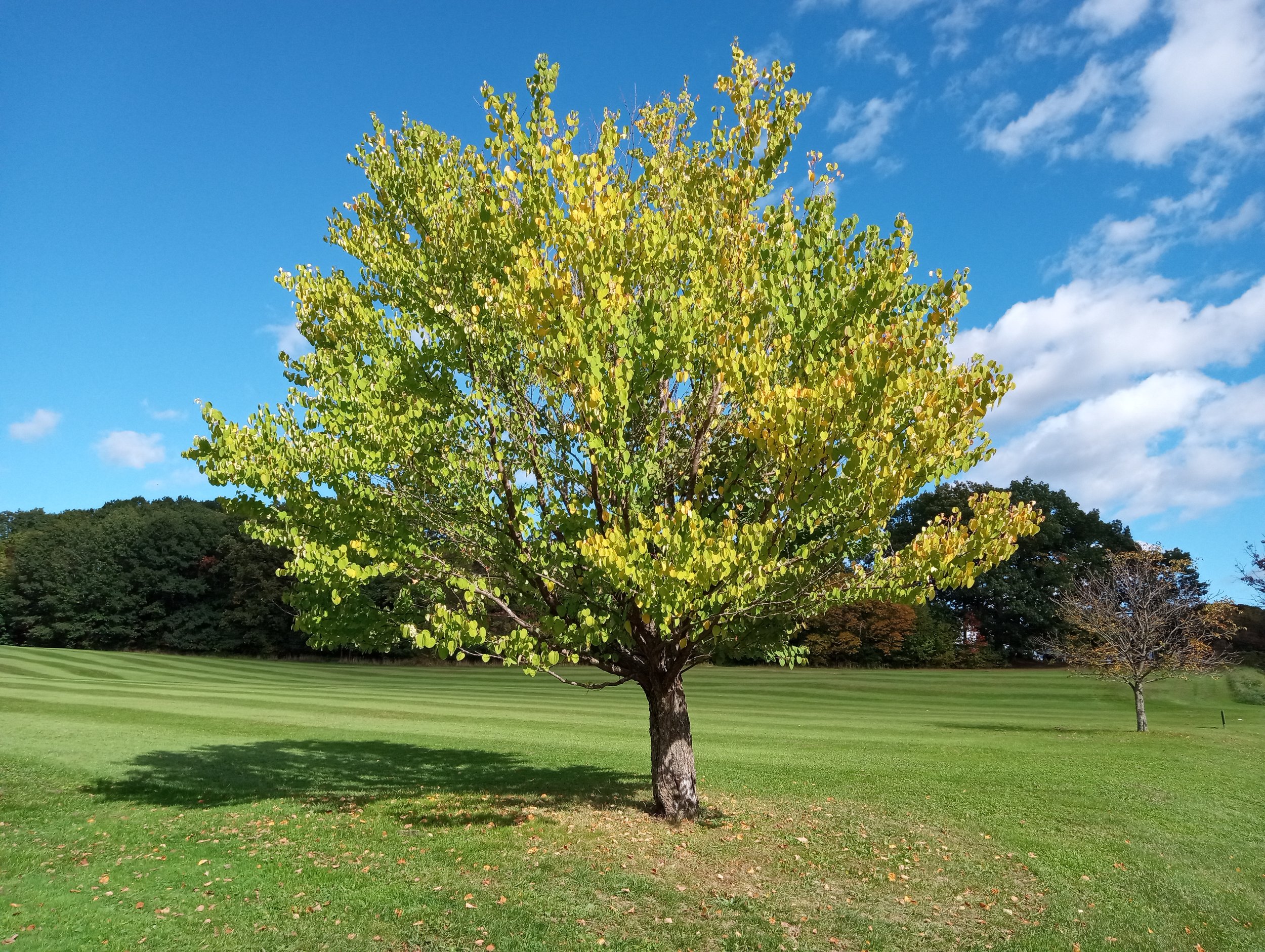Asking Big Enough Questions
When my son Felix was four-years-old, I often found myself reflecting on how living with a child that age can be like living with a little researcher. He asked so many questions about the world. Many of these were fairly mundane: How do owls sleep during the day with all the loud cars and trucks? How do binoculars make things look big? Why do cats have tails? I could look up the answers to questions like these online or fake my way through some partially accurate answer (I think binoculars have several lenses that work together to enlarge things? Maybe?). I appreciated these questions because they reminded me how much I do not know about everyday objects, animals, and the world that surrounds me.
Some of Felix’s (and, I suspect, those of most four-year-old’s) questions delved into more complex matter. In one day he might ask me things like: Do all the people in the world have thermostats? How is it that I know so much, but there are so many things I do not know? How did the first kid learn when there weren’t other persons [sic] to teach him anything? How was there a first kid if there were no mamas?
These are the kinds of questions that make me feel very tired when they are asked at the end of the day! But they are also the kinds of questions that get at really important issues. A discussion of thermostats and their global distribution quickly raises issues of income inequality, climate change, and consumption. Pondering how there is so much we do not know gets us onto the nature of knowledge and how somehow obtaining more knowledge can make you even more aware of gaps in your understanding. And of course the latter two questions make one ponder religion, evolution, and ideas about our species’ origins.
When he was four, Felix often didn’t seem to care about listening to the answer to these questions (and often interrupted it with another unrelated question), but moving through that stage of life also reminded me about the importance of asking good questions in our academic writing.
A university I used to teach at urged its students to ask what it called “big enough questions.” I took this to mean that it is important to ask meaningful questions that tackle meaty, important topics. This idea pushes us to think about the kind of questions that move us and the pursuit of which could help us build full, purposeful lives.
What does this all have to do with academic writing? Well, as an academic editor, I’ve found that when authors get deep into their work, sometimes they lose sight of the questions that they are asking in their research. Or sometimes they lose sight of (or perhaps haven’t yet identified) their big enough questions. It is often easier to hover in the weeds of our research, rather than zooming out to consider the overarching questions. But it is these questions that truly help us get at the significance of our work.
So I encourage you to make reflecting on the kinds of questions you are engaging with in your work a regular practice. Start with the smallest. What specifically is your research about? This will likely be a question whose answer will be of most interest to a narrow audience that likely corresponds to your disciplinary niche. Then zoom out to a larger question that encompasses this one, but whose answer would be of interest to a broader audience (perhaps a subfield or two in your discipline or an adjacent discipline). Finally, what are your big enough questions? What are the questions that help motivate your work and that would provide the most revelatory insights? The answer to this question would interest the largest range of readers and is also what other thinkers are most likely to build upon or employ in their own work. If you avoid asking it, you risk diminishing the impact and importance of your work.
Booth et. al’s The Craft of Research has some good ideas about the kinds of questions you might ask (see pages 38-46 in the fourth edition) if you feel stuck. In formulating potential research questions, these authors recommend thinking about the history of your topic (how does it fit into a larger developmental context?), its composition and structure (how does it fit within a larger context or act as part of a bigger system?), its relation to other categories (how might it compare to or contrast with other related things?), or its relation to other sources and arguments (how does it support or refute particular theories or claims other scholars have made?). The broadest question you ask about your research will likely be the “so what?” question, a question that helps us understand the importance of the work beyond the narrow research topic. How does this broader work help us better understand some aspect of the world?
As an example, if I were a researcher focusing on binoculars, which I very much am not, I can imagine an initial research question that asks how naturalists’ use of binoculars changed the way in which they studied a particular species of bird. The answer to this question would be of interest to others who study the impact of binoculars on the world and perhaps to scholars who study the history of naturalists.
But a broader, “big enough” question could ask how the use of this new device altered the way people at the time understood sight more broadly. You can imagine how this question (and its answer) would be of interest to scholars looking at how other kinds of technologies related to the eye or to those exploring how technological developments impact the way we experience the world more broadly or to scholars considering how understandings and conceptions of sight have changed over the years. The point of this is that incorporating this broader question into your research makes it more likely that the work will be of interest to and used by a broader range of scholars.
Once you have identified your questions, use them to center your work. Consider writing them on a Post-it and sticking it where you can see it as you write. Revisit them frequently to help them guide your writing. Tweak them as the focus of your work changes.
The other thing that four-year-old Felix reminded me of is that asking questions is fun. It’s exciting to identify something we do not know the answer to and to dive deeply into it. And it’s brave to admit what we do not know and to try and determine the answers. So ask your binocular-level questions, but also remember to ask the questions about the changing conception of sight. The sight-level questions are the ones your readers will likely be most interested in, both in terms of hearing your answer to them and later in responding to it.
*****
Like this blog post? Please subscribe below to receive notifications about future posts. Want writing support in a group setting? Consider registering for one of my writing groups!






























